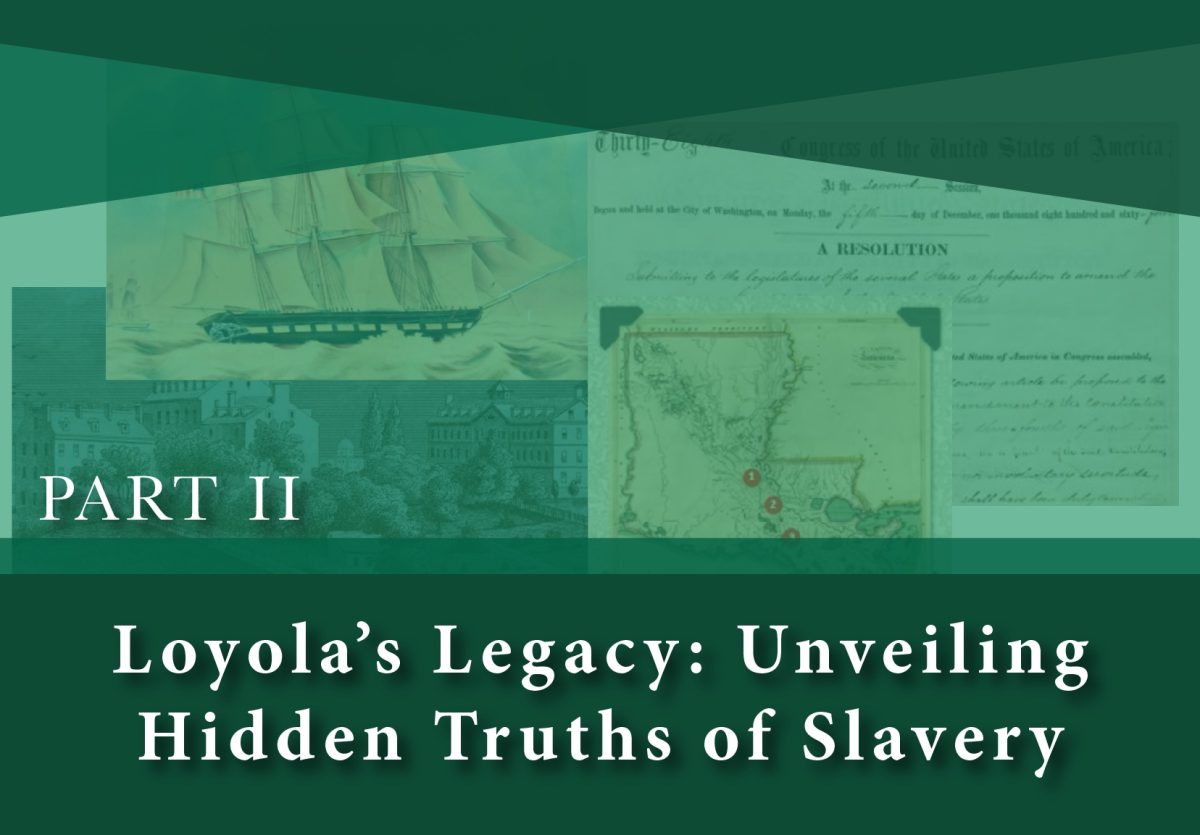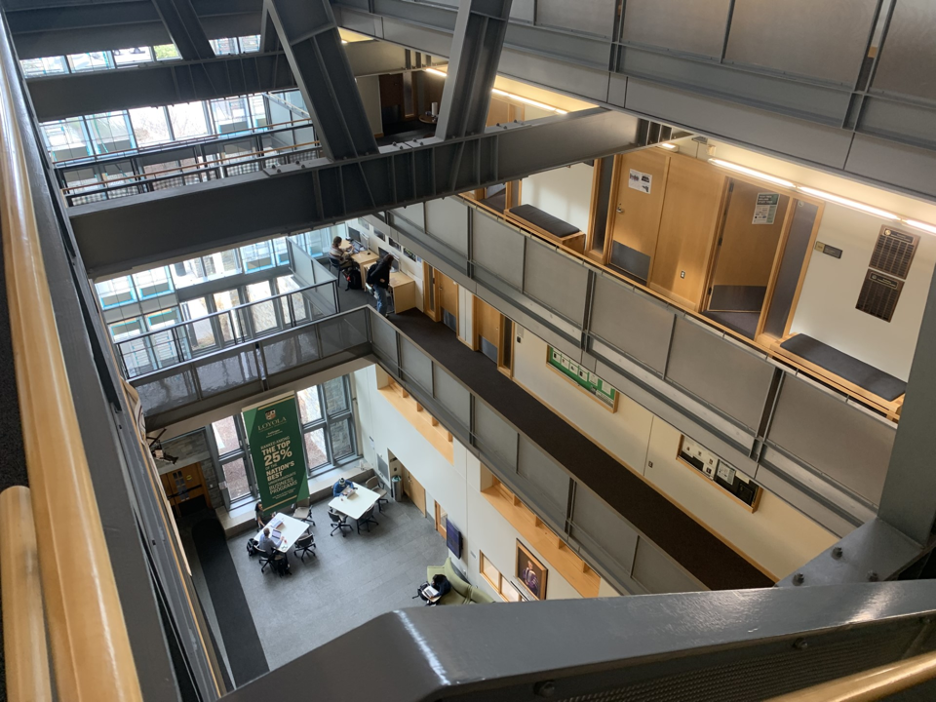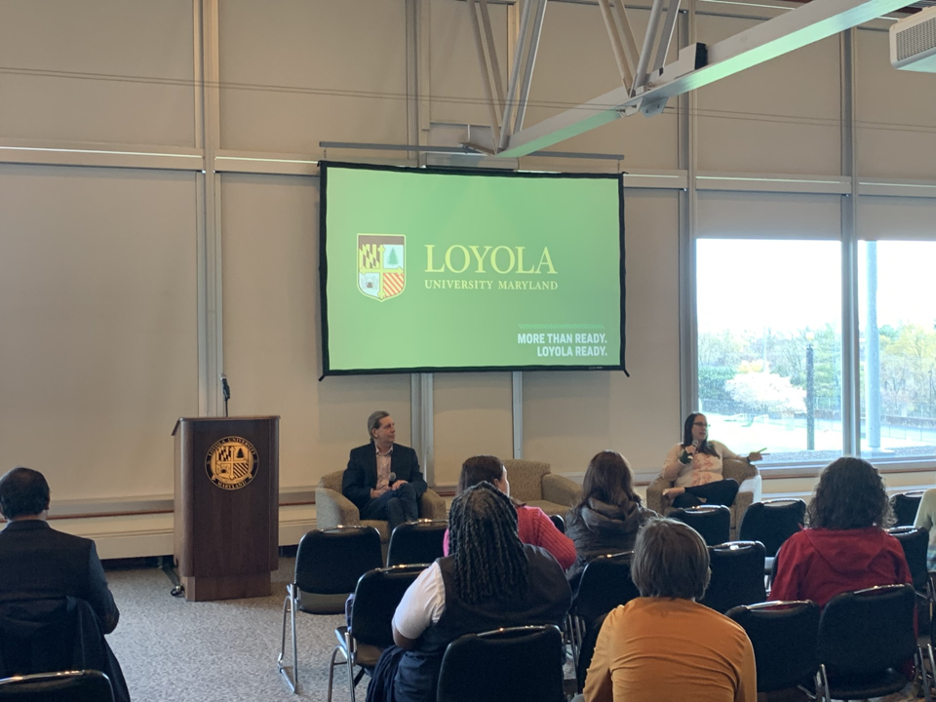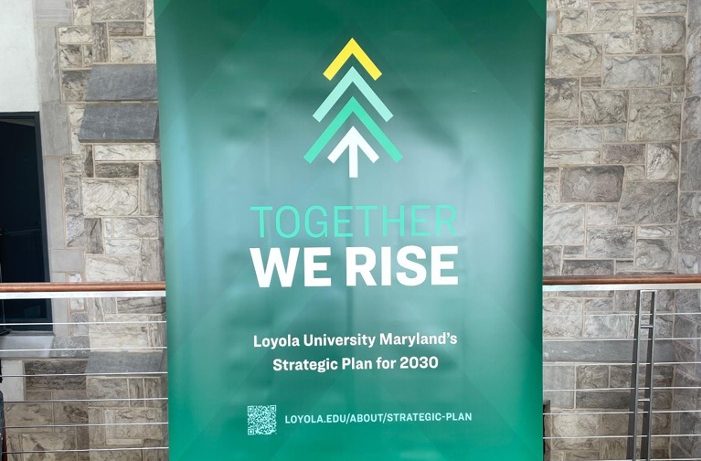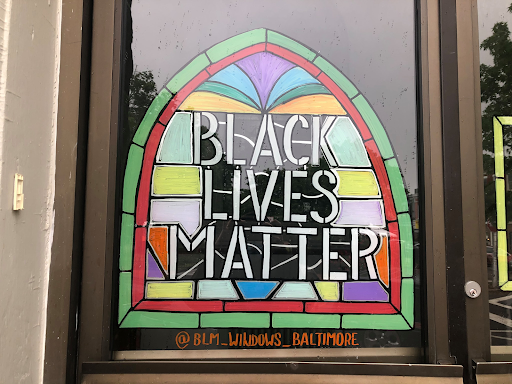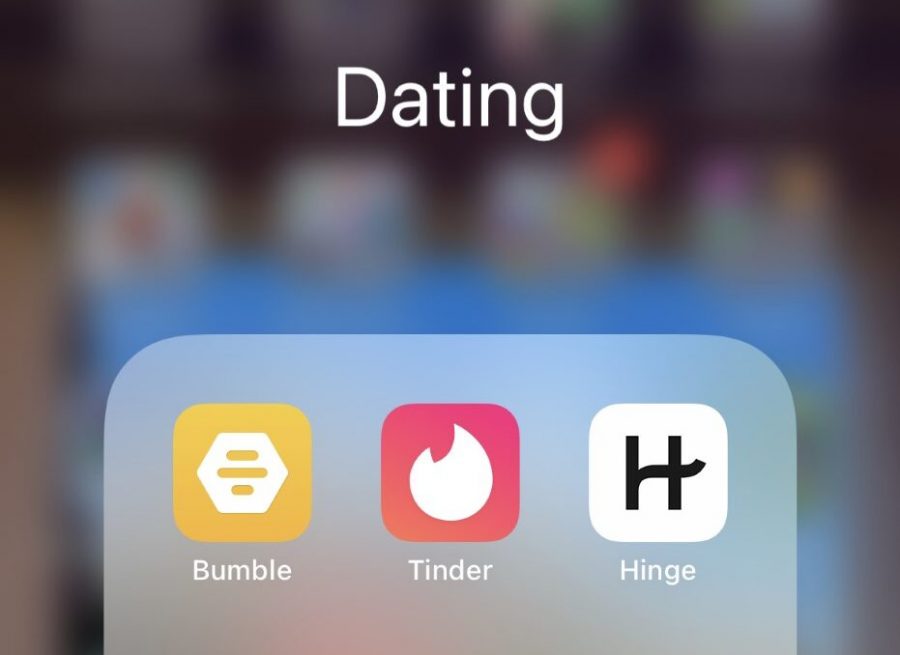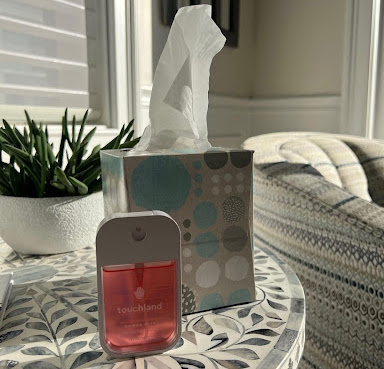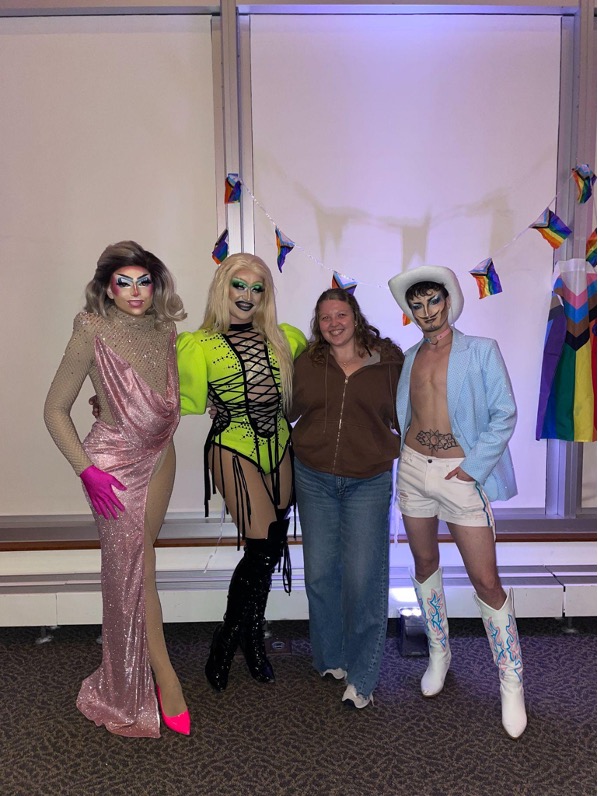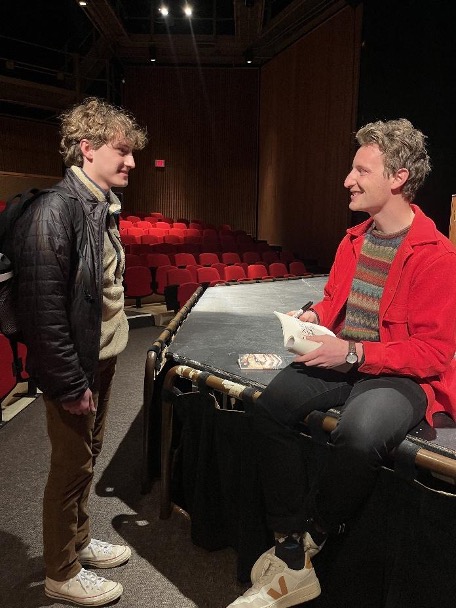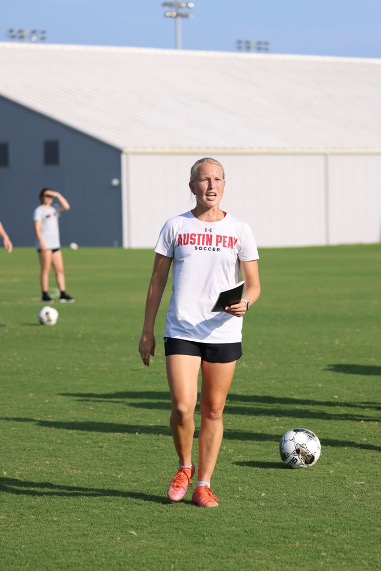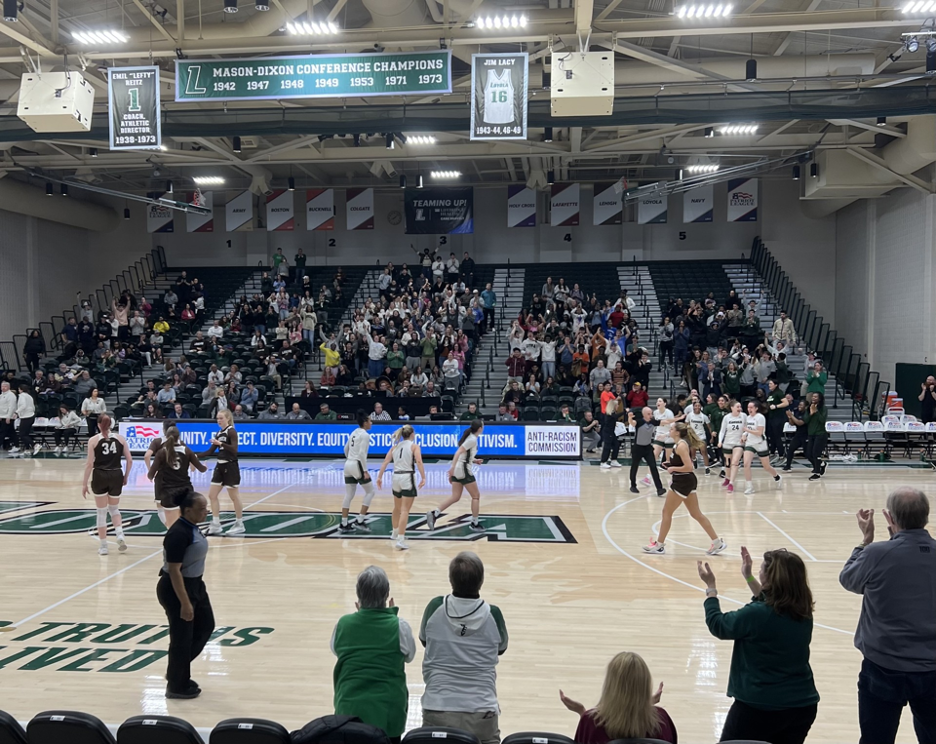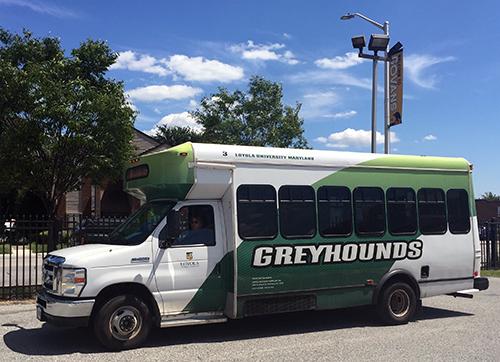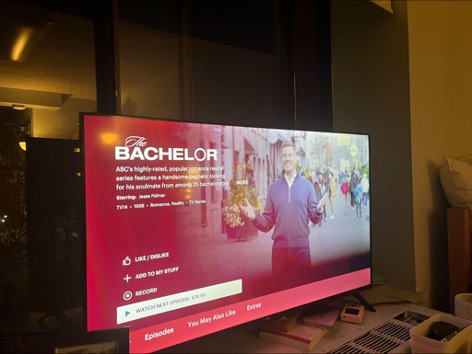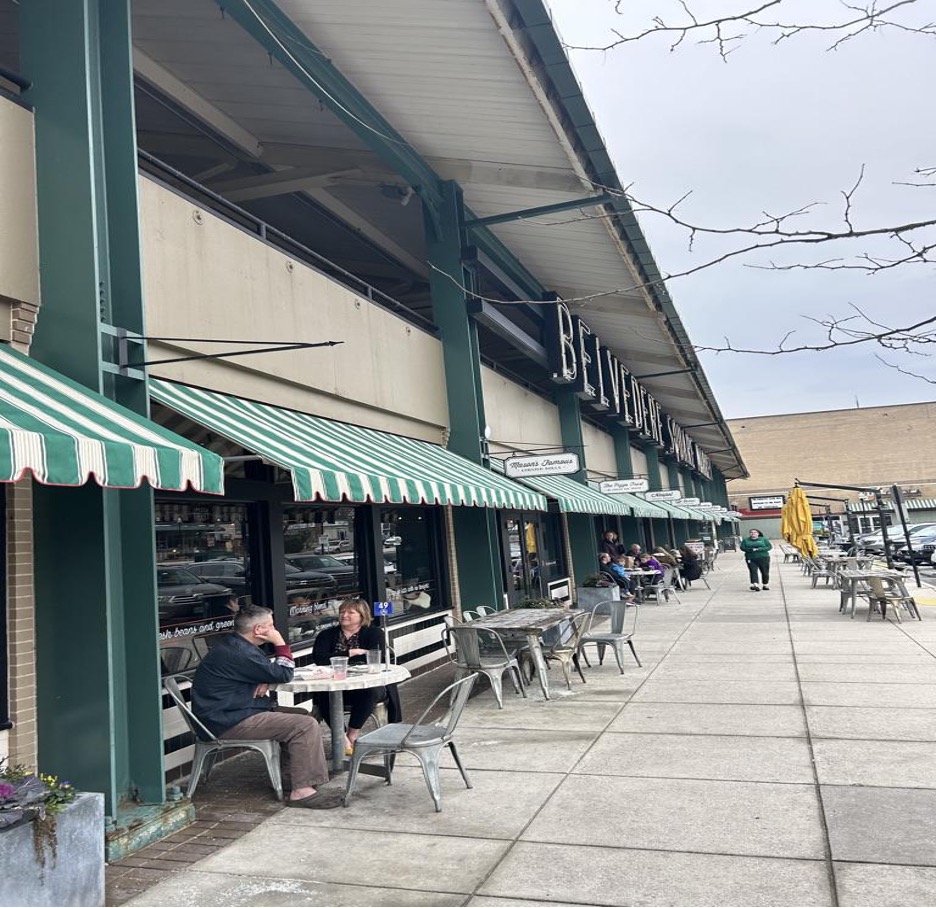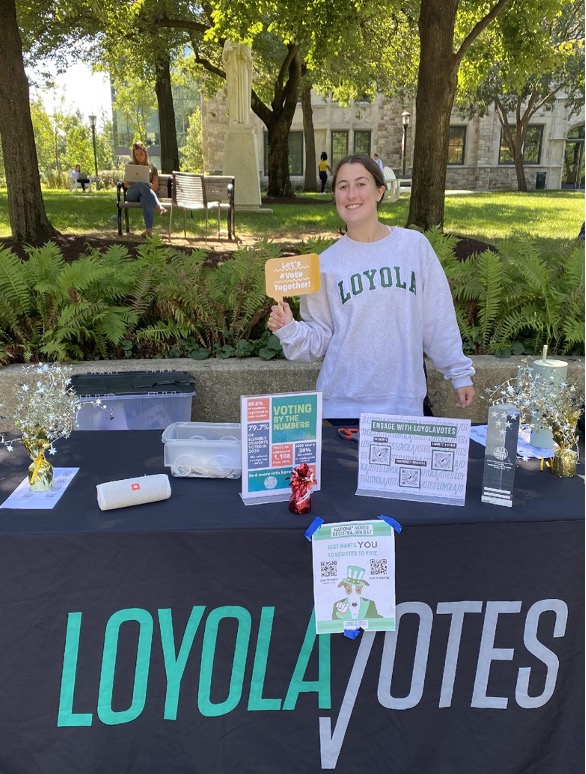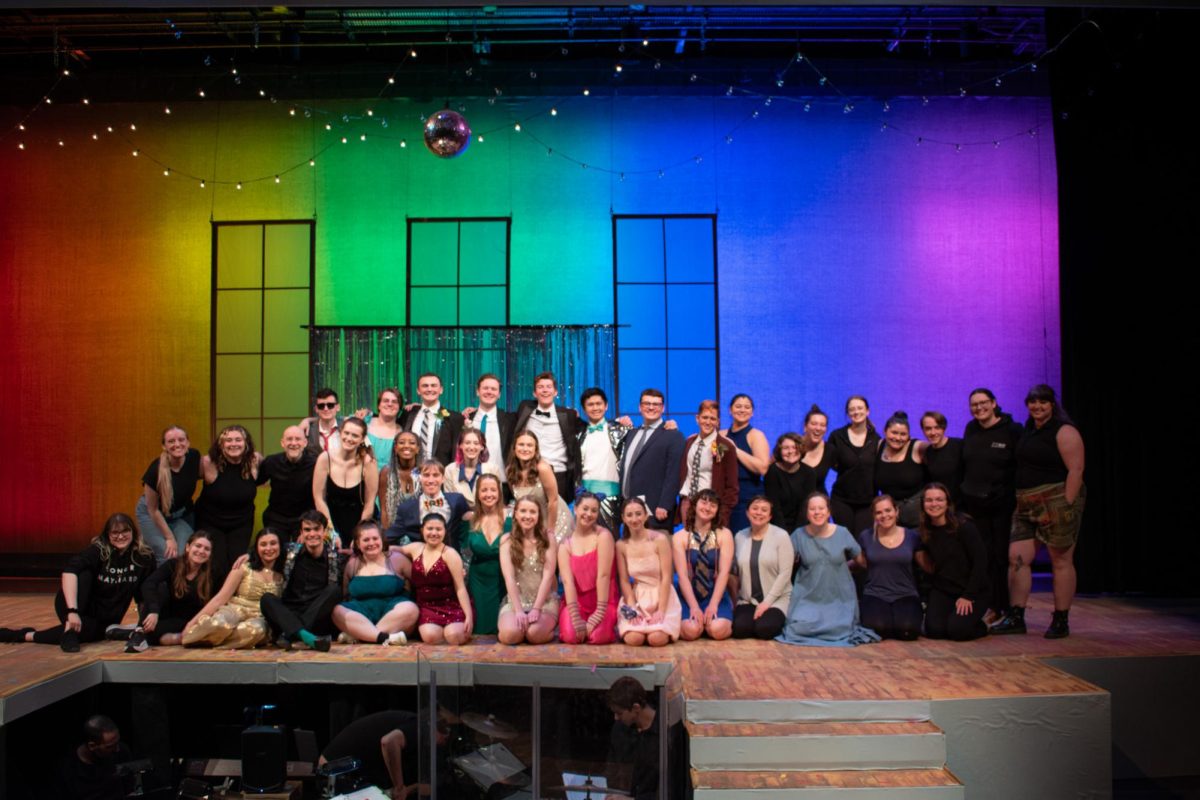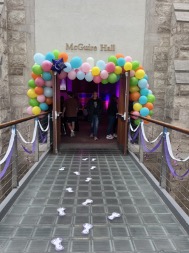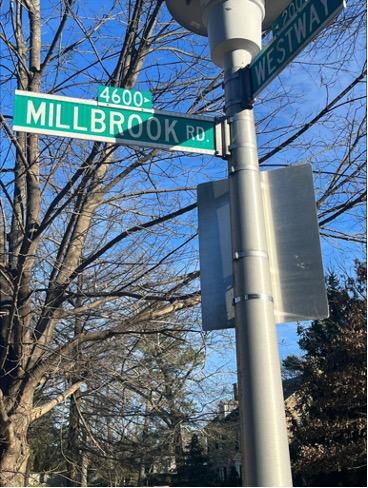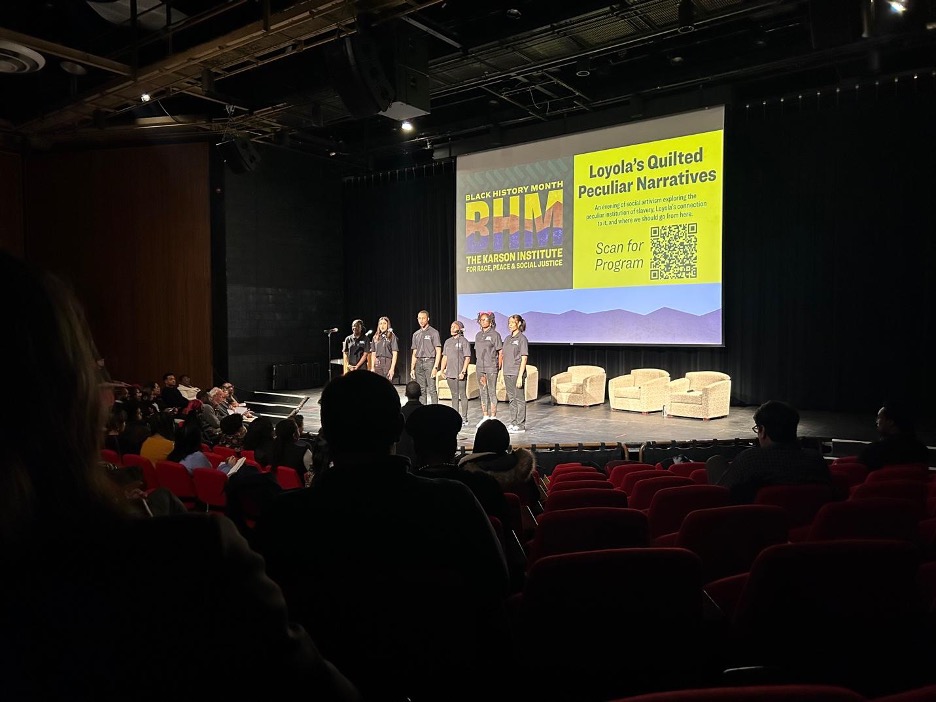Loyola University Maryland hosted a lecture led by Weijia Jiang, an Asian American, mother of two, who has served as the Senior White House Correspondent for CBS news. She shared her personal experience on misinformation and racism during the coronavirus pandemic.
Although Jiang is a reporter and journalist for the White House in Washington, DC, she grew up in a rural area in West Virginia. Jiang was personally affected by the misinformation that was spread about the coronavirus being called a “Chinese virus” and/or the “Wuhan flu.” Jiang’s Asian background made her a target of racism and xenophobia for many, including political leaders— one of those political leaders being our former president, Donald Trump.
“People were so angry, it was affecting their livelihood, they wanted someone to blame,” Jiang said.
Although misinformation in news outlets is not a new topic, it plays an important role in the history of the coronavirus pandemic. Journalists like Jiang were on the front lines of reporting information on vaccines and testing before they were available to the public. In the first few months of the pandemic, Jiang described that the world kind of stopped, and no progress was being made in the economy. She said:
“During a political year, the economy is everything, and therefore the pandemic will always be remembered because if the economy stops, then political campaigns aren’t being funded.”
An audience member asked Jiang how newsrooms have changed the way journalists report on the lies that come from politicians. Jiang reminisced on a terrible day at work in 2016 when she said former president, Donald Trump, had lied on national television. Shortly after this, Jiang had a conversation with her boss about why she said the president had lied. Jiang believes that when it comes to reporting the lies that come from politicians, a reporter must report it in a black and white structure where there is no room left for interpretation.
“As lies and falsities continue to evolve, I think we have to have some serious conversations about why it’s doing it more harm not to call it as it is,” Jiang said.
One of the questions asked was about Jiang’s thoughts on the rise of social media platforms and what steps professors should take to address misinformation. Jiang responded that social media platforms like TikTok and Facebook will continue to expand, but one of the things professors must do is to constantly be studying these new platforms and keeping up to date with them.
“I think digital space is arguably one of the most important platforms for receiving information,” Jiang said.
Jiang concluded that there was a reason she stayed motivated throughout the racist backlash. Her motivation was having the answers to the questions and doubts people at home were having about the pandemic. Being able to answer the questions people at home were having was very important to her.
“No matter how challenging the experience was, this is a gift that I have, and I want to nurture it and make sure that the information I’m giving people is the best information they are receiving.”



